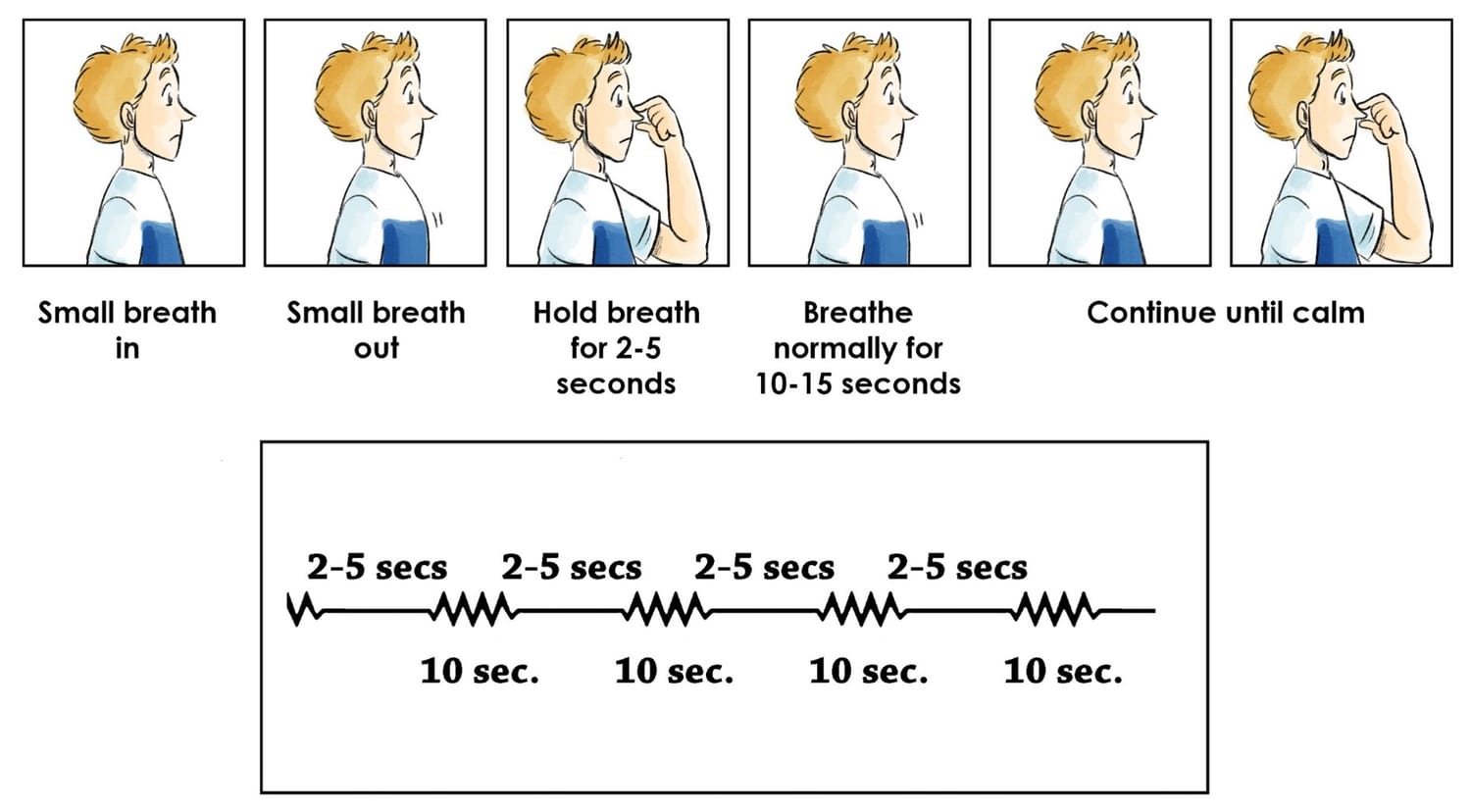Carve five minutes: the benefits of stress reduction
Reading time: 2min 13sec | Speaking time: 4min 16sec
Stress less; go with the flow more. It's a simple concept, but it can be hard to put into practice. Stress can wreak havoc on our physical and mental health. But the good news is there are many benefits to reducing stress.
Here's a quick rundown:
Improved mental health: Less stress means less anxiety, depression, and irritability.
Better physical health: Stress can contribute to heart disease, high blood pressure, and digestive problems. Reducing stress can help prevent these issues.
Enhanced sleep: Stress can disrupt sleep, but when you're less stressed, you're more likely to get a good night's rest.
Increased productivity: When you're not overwhelmed by stress, you're more focused and productive.
Stronger relationships: Stress can strain relationships. By managing your stress, you can improve your connections with others.
So, how can you reduce stress?
This is where getting practical can make a big difference. Reducing stress is a journey, not a destination. Starting small and gradually incorporating stress-reducing techniques into your daily routine is the key; as much as it is having an emergency trick we can pull out of the bag when things are getting tough.
Here are a few options. Pick the one that resonates the most with you, and then read on for tips on creating lasting change.
1. Focus on the breath for three minutes.
Stick to the order in the illustration
Breath in
Breath out
Hold
Breath in
It’s crucial to breathe in after the breath hold to activate a relaxation response.

As a breath coach, this is my favourite technique to calm a racing, anxious or irritable mind. It is called the Breathing Recovery. Do it for about three minutes or until you feel calm.
2. Focus on how you start the day for two minutes
How are you starting your morning? Are you reaching for your phone, rushing to get other people up or pressing the snooze button? Instead of doing any of these, programme your alarm two minutes before you have to leave your bed and use this short moment to set your intentions for the day or practice a positive affirmation before going into autopilot. Setting intentions deliberately interrupts this autopilot cycle, forcing our brain to create new neural pathways and interrupt the same routines and thought patterns not serving us.
3. Spend time in nature for five minutes
Exposure to nature has been shown to lower cortisol levels - the hormone the adrenal glands produce in response to stress. Reducing this hormone’s levels can lead to feelings of relaxation and calmness. You can walk through your local park, look out the window while taking a drink break, or have your morning cuppa in the garden. You get the bonus of receiving natural light in the morning, which has been linked to better sleep.
What next? It's time to get into a new habit.
Have you chosen your stress reduction option? Now is the time to make the magic happen. Take a moment to schedule your preferred option. Add it to your calendar daily for a week, and make it happen. Whatever you’ve chosen should not take you more than five minutes. Make it a priority and gift yourself that five-minute window every day to run this experiment on yourself for the next week. You’ll be happy you’ve given it a go.
Want to Work Together?
Explore my services below or go ahead and book your first appointment.
Subscribe to our newsletter
Acupuncture and naturopathy lifestyle advice straight into your inbox
Copyright © 2026 by Sarah Shorter | Website Disclaimer | Privacy Policy

